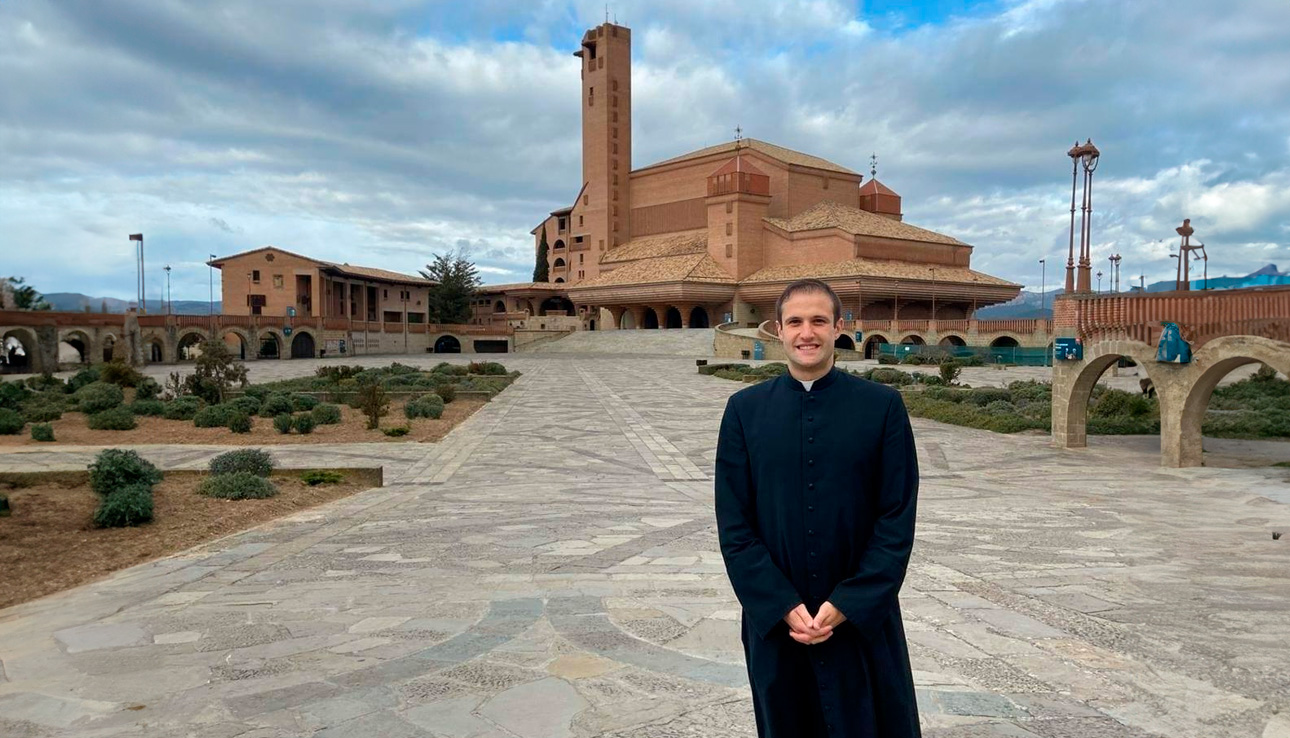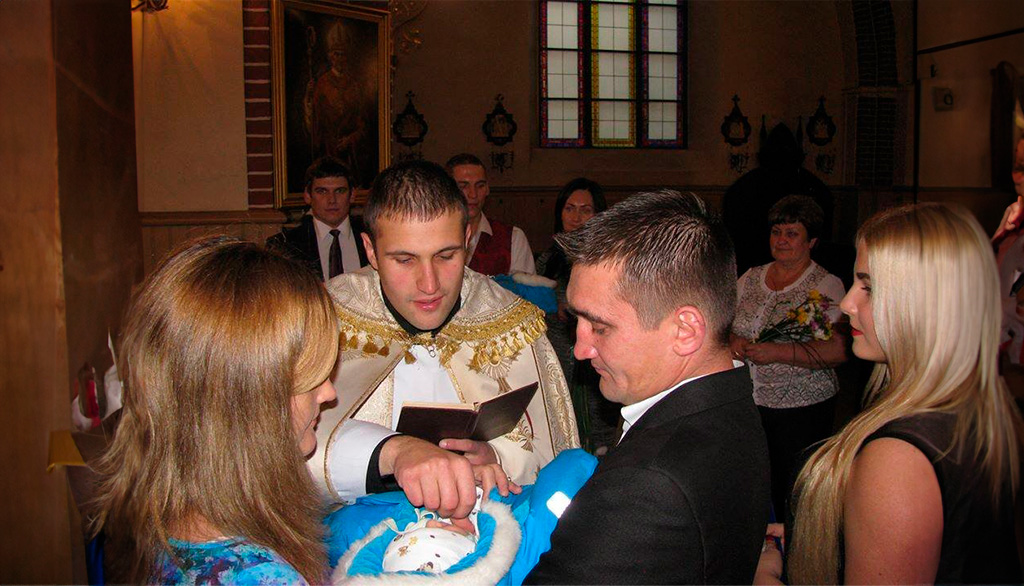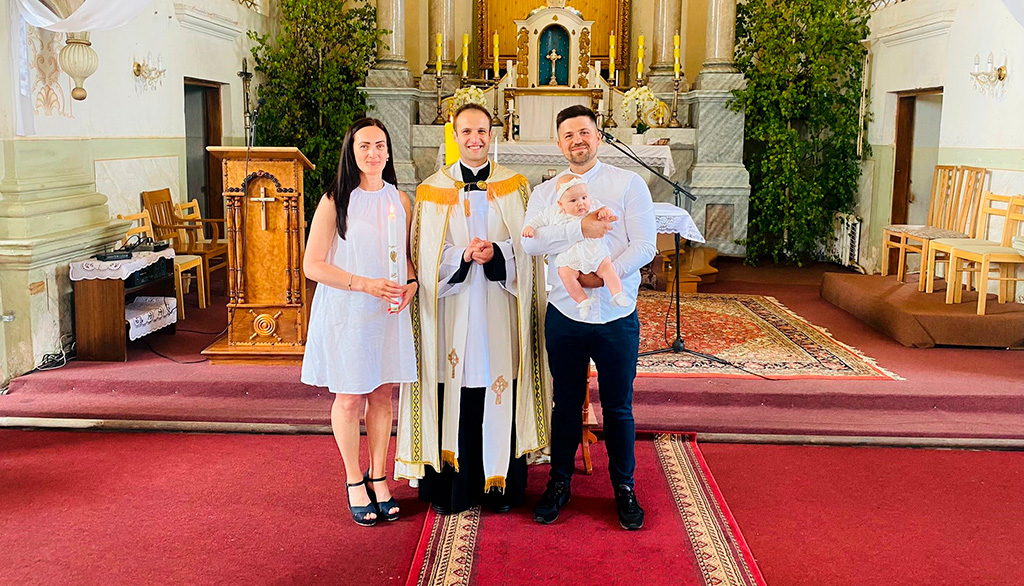
Renars Birkovs is a priest who was born in Latvia, a small Baltic country smaller in territory than Andalusia and with barely two million inhabitants. It is located between Lithuania and Estonia, but also shares a border with Russia and Belarus, which currently places this small state in a strategic place for world security.

Latvia is a multi-confessional society. Catholics represent approximately one fifth of the population, being the Latvian Orthodox Church the one that gathers more faithful. The situation is very different from that of its neighbors. Lithuania -and Estonia, one of the most atheist nations in the world, where Catholics barely exceed 6,000.
The Latvian Catholic Church has four dioceses, a seminary and several religious institutions. Communism, as in other neighboring countries, severely persecuted the Church, especially its representatives. During the more than five decades of dictatorship, the government undertook persecutions in various forms. From the beginning, with Stalin, the persecution was concrete: arrest of priests, deportations... Later, when they saw that these methods were not as effective as they thought to fight the Church, they began to deceive and manipulate the faithful and young priests with information that blackmailed them to decide to abandon the faith and the ministry. Something that left a deep wound in the ecclesiastical community.
Renars Birkovs grew up with a dying communism and in the midst of a democratic transition, but his parents and grandparents have told him the stories of how they had to manage to live their faith in the midst of an atheist dictatorship and communist. If they had to baptize a child, they did it discreetly and, for example, since Christmas was a working day, they had to go to church at night or very early, because no one could know.

This young Latvian priest has a special devotion to Bishop Theophilus Matulionis, the first Lithuanian martyr of communism, who served as a priest very close to his home parish. In his land there were many martyrs, some of them are in the process of beatification. In the early years, after World War II, there were many priests imprisoned, much external persecution.... For Renars they are like his fathers in the priesthood. Their testimony comforts your faith and your vocation.
Renars grew up in a Catholic family, despite decades of attacks on the Church and despite being a majority Catholic area. orthodox. It was in this experience of faith that the call to the priesthood. He felt a strong attraction, first of all because it seemed to him as something supernatural and special and, secondly, because the many good works done by the priests so that people could come closer to God. So he felt that this was his place.
He entered the seminary and, once he was ordained a priest, his bishop sent him to Spain to study Canon Law at the University of Navarra thanks to the support of the CARF Foundation.
In his first year of ordained service he was serving in a nursing home, and a lady in the hallway told him she was an atheist, started calling him names and hurled expletives in a contemptuous manner. Renars sat next to her for ten minutes and listened to her. He then told her about his life, his experiences, etc. He also told her that her grandmother was very religious. At the end they said goodbye very nicely. She realized how important it is not to be afraid to stand humbly where a priest is not welcome. Just like Jesus, humbly and kindly inviting everyone.
In societies that are increasingly secularized and far from God, this young man is clear about the weapons that priests must have at hand to confront these numerous dangers: "The most important thing is to celebrate the Eucharist with full devotion; to have a deep prayer life; and in addition there must be communion with priests, as well as constant formation and education".